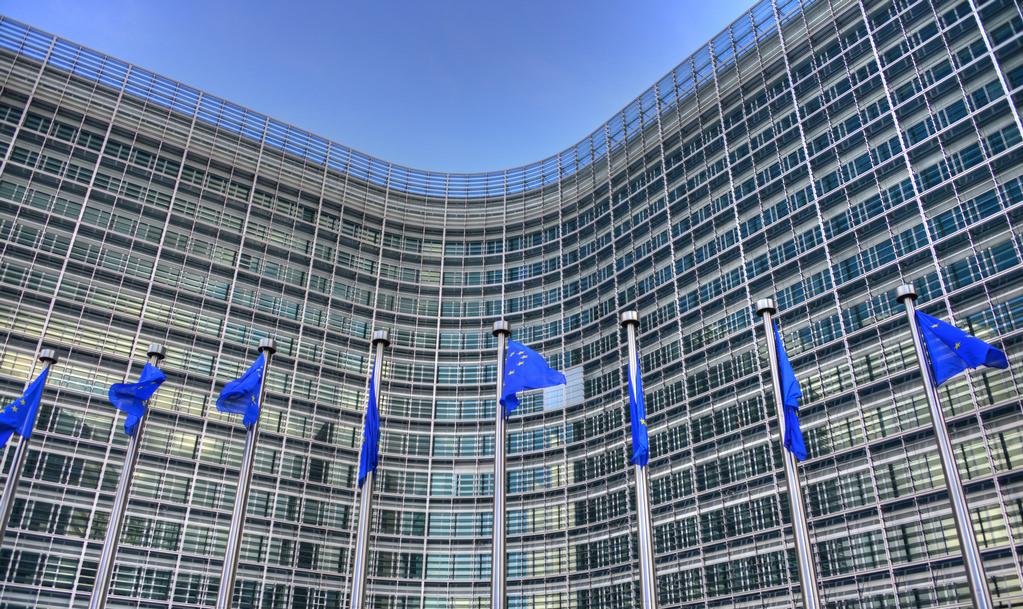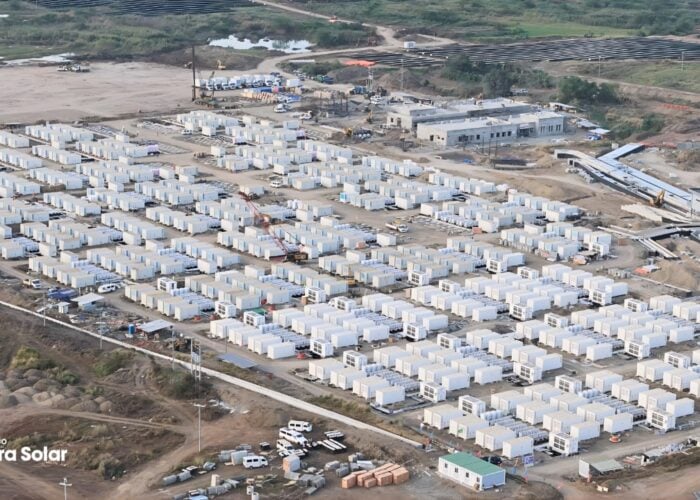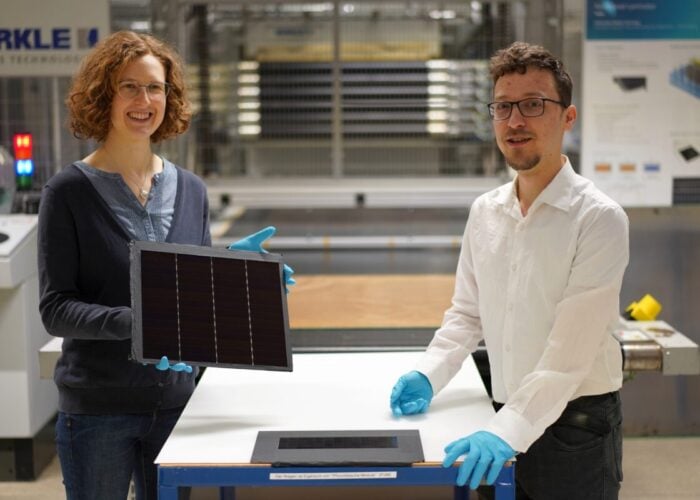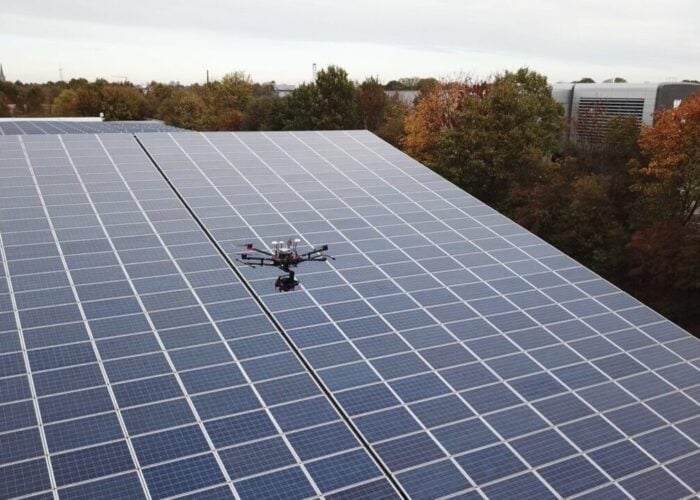
The European Parliament has approved the Net-Zero Industry Act (NZIA), aiming to produce 40% of its annual deployment needs in net zero technologies by 2030.
The act will support all renewable and energy storage technologies, and simplify the permitting process, setting maximum timelines for projects to be authorised depending on their scope and output.
Try Premium for just $1
- Full premium access for the first month at only $1
- Converts to an annual rate after 30 days unless cancelled
- Cancel anytime during the trial period
Premium Benefits
- Expert industry analysis and interviews
- Digital access to PV Tech Power journal
- Exclusive event discounts
Or get the full Premium subscription right away
Or continue reading this article for free
In addition, the NZIA also provides for the creation of Net-Zero Acceleration Valleys initiatives, which speed up the permitting process by delegating parts of the evidence collection for environmental assessments to member states.
The act also features non-price sustainability and resilience criteria to be applied in public procurement procedures and auctions to deploy renewable energy. Under this requirement, a minimum of 30% of the volume auctioned annually in the member state must meet the criteria, or a maximum of 6GW auctioned annually and per country.
The NZIA will now have to be formally adopted by the European Council to become law, which is expected to be completed by June 2024.
The European Parliament and EU Council agreed on new regulations in February to boost the EU’s solar manufacturing amid concerns about the viability of the European solar manufacturing sector.
In response to the approval of the NZIA, the European Solar Manufacturing Council (ESMC) said it welcomed the news as it is one of the first EU-wide mandatory legislative initiatives that help reach the targeted manufacturing capacity to cover 40% of EU’s deployment of solar modules and battery energy storage systems (BESS).
“This gives a green light for procurement of sustainable European made solar panels and is clear direction towards resilient supply. We urge the member states to start buying as from now, and not waiting for the time thresholds in the regulation,” said Žygimantas Vaičiūnas, policy director of ESMC.
However, ESMC noted that provisions of the NZIA would come into effect only in 2026 and to a limited part of the European PV market. This is due to public procurement and auctions comprise only a small part of all PV deployments in the EU.
“Accordingly, most of the effect of the application of the NZIA provisions will depend on its earlier implementation and broader scope of application — extending beyond public procurement and auctions,” ESMC added.
The European Parliament voted to adopt their position of the NZIA legislation on 21 November 2023, which will seek onshore manufacturing for renewable energy technologies like solar PV, battery energy storage and wind to the EU. PV Tech has been covering the news and related articles can be read here.
Aside from the NZIA, ESMC also issued another statement, urging Chinese solar companies to “stop misleading European consumers” after the European Parliament approved new regulations prohibiting the sale, import and export of goods made using forced labour earlier this week.
“This new legislation presents a historic opportunity to stand up for the environment, human rights and level the playing field in favour of European manufacturing. The Corporate Sustainability Due Diligence Directive (CSDDD) and Forced Labour Regulation will benefit our members and is a strong instrument to reshore manufacturing to Europe,” said Jens Holm, sustainability policy director of the ESMC.
He added companies need to disclose their supply chains and ensure they are sustainable and free from forced labour when doing business in Europe. “That’s what we always have done in Europe; our Chinese competitors have not,” he added.
| PV Tech publisher Solar Media will be organising the second edition of Large Scale Solar Southern Europe in Athens, Greece during 2-3 July 2024. The event will focus on an ever-growing market such as Southern Europe with a packed programme of panels, presentations and fireside chats from industry leaders responsible for the build-out of solar PV projects in Greece, Turkey and Croatia. For more information, including how to attend, please go to the official website. |






